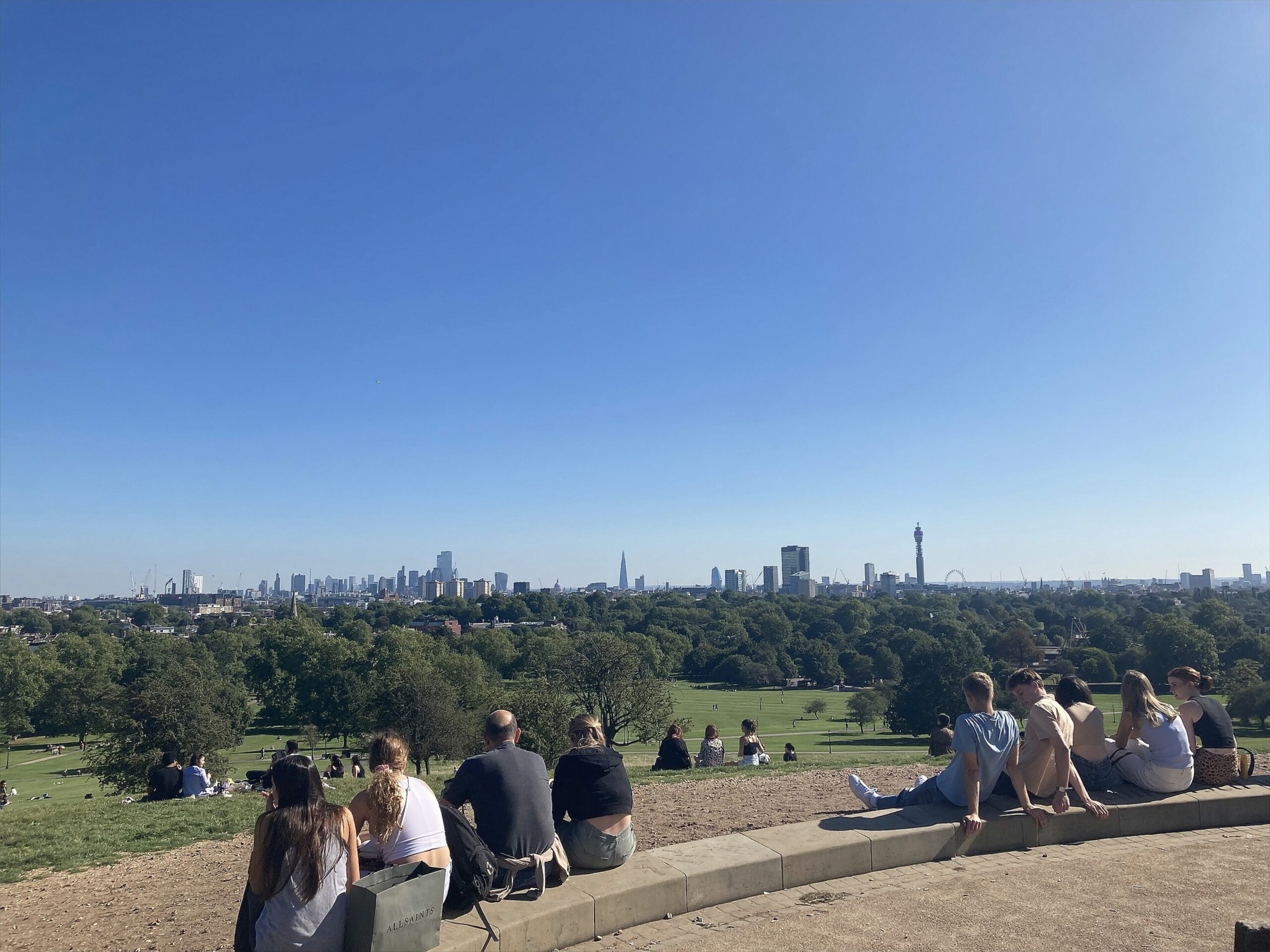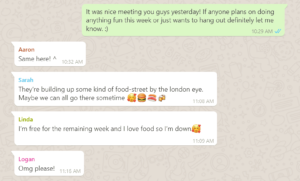Feeling Like a Freshman Abroad


Feeling Like a Freshman Abroad
Now studying abroad in the heart of London, I have realized how much the start of this new experience reminds me of my experience as a first-generation student at my home campus.
Finding Your Way at Home
Entering your home university for the first time as a first generation college student is one of the scariest things you will ever do. For many first-gens, even the process of applying for, and enrolling in a college is daunting. Often times, first-gens lack academic mentorship at home, and a foundational understanding of the higher-education world. The responsibility usually falls solely on the student to pull off the feat of getting into college. However, the hard part comes once you have arrived at your university. The atmosphere of move-in day for a first generation college student can feel awkward, uncomfortable, and overwhelming. As a first-generation college student, it was quite a struggle to understand this new world – the different academic requirements, campus life, and awkward ice breakers of every freshman desperately trying to make friends.
After the first few weeks, you begin to settle into this strange new life. You form relationships with other students, professors, and faculty members. You get into the swing of classes, get to know the local area, and get used to living away from home. Before you know it, you’re a sophomore. You start to gain some confidence and get more comfortable. As a freshman, I was scared of college, but in the years beyond that, I felt gratitude for the opportunity, and recognized that it was a chance my parents were never afforded – a chance to find greater success than I otherwise would have. In my quest to find such success, I looked toward the next challenge/opportunity in my college career: a study abroad experience.
Finding Your Way Abroad
In pursuing a study abroad experience, I again reverted back to those feelings from freshman year. I had to research programs, and really put myself out there in order to figure out what I wanted my semester abroad to look like. My parents, again, were unable to provide any advice or assistance. At my age, they were working full-time jobs; being a world traveler would have been a far-fetched fantasy. Despite being a senior, arriving in one of the largest cities in the world, in a foreign country, completely alone, felt like freshman move-in day all over again. I had gone from being a big fish in a small pond, to a small fish in an enormous pond – halfway across the world. All the confidence I had gained throughout college was instantly wiped away as I clumsily tried to insert my new UK sim card into my phone, and hail a taxi to my dorm building.

Once again, I was starting a new school year with zero friends and not understanding the local lingo, customs, and culture. I felt like a freshman again – not a feeling I was expecting or wanted. I knew my host university’s online orientation chat box was the place I could start to meet some people, and take the first step toward regaining that senior-year confidence I had lost when I came abroad. A WhatsApp group was created from there, and
immediately, plans to explore, shop, study, and hang out together were created. Ironically, my first friends in the UK were mostly German, French, and American – other study abroad students who were also looking for guidance, support, and some new friends, all of us feeling like freshman again. I had learned from my mistakes as a first-generation freshman – shyness, introversion, and self-doubt only keep you trapped in those freshman feelings of social isolation and confusion.
Top Tips for First-Generation Students Abroad
My advice to first generation college students and study abroad students is the same.
Number one: say yes to everything. It is truly the easiest way to make new friends, and share unforgettable experiences. Especially in the first few weeks of school, there will be a ton of events going on, plans being made, and experiences to be had – participate in as many as you can. It is better to come back to your room late at night, exhausted from the day’s activities, than to stay bored in your room all day and feel like you missed out. You are only in college and abroad for a very short period of time – don’t waste it.
Number two: be proactive. Don’t wait to be invited to something – ask others if they would like to join you. So many people are afraid to initiate, and being included in something is a great feeling – so take that first step and make plans to go visit the tourist spots, watch a (European) football match, or simply walk through a nearby park. Most people would be happy to join – that’s why they studied abroad in the first place.

Number three: Be flexible. Especially studying abroad during COVID, I have learned that everything could change in an instant, so you must be open to change. Some things can change, and you have the freedom to make the choices that best suit you (which classes to take, which school to attend, and even which country to study abroad in). Other things cannot change, so you must be aware that you are fulfilling all of your responsibilities (academic obligations, travel requirements, deadlines).
At the end of the day, whether you are a first generation college student, a study abroad student, or both, you are never alone. College is a community. You are surrounded by other students like you, as well as people willing to support you (IFSA, your home and host universities, other students). The experience may feel scary, confusing, and uncomfortable at times. I urge you to embrace this discomfort – it is a sign of growth, and you will emerge from your experience a better person than before.
Shane C. | Finance major | Babson College | IFSA University of Westminster Partnership | Fall 2021